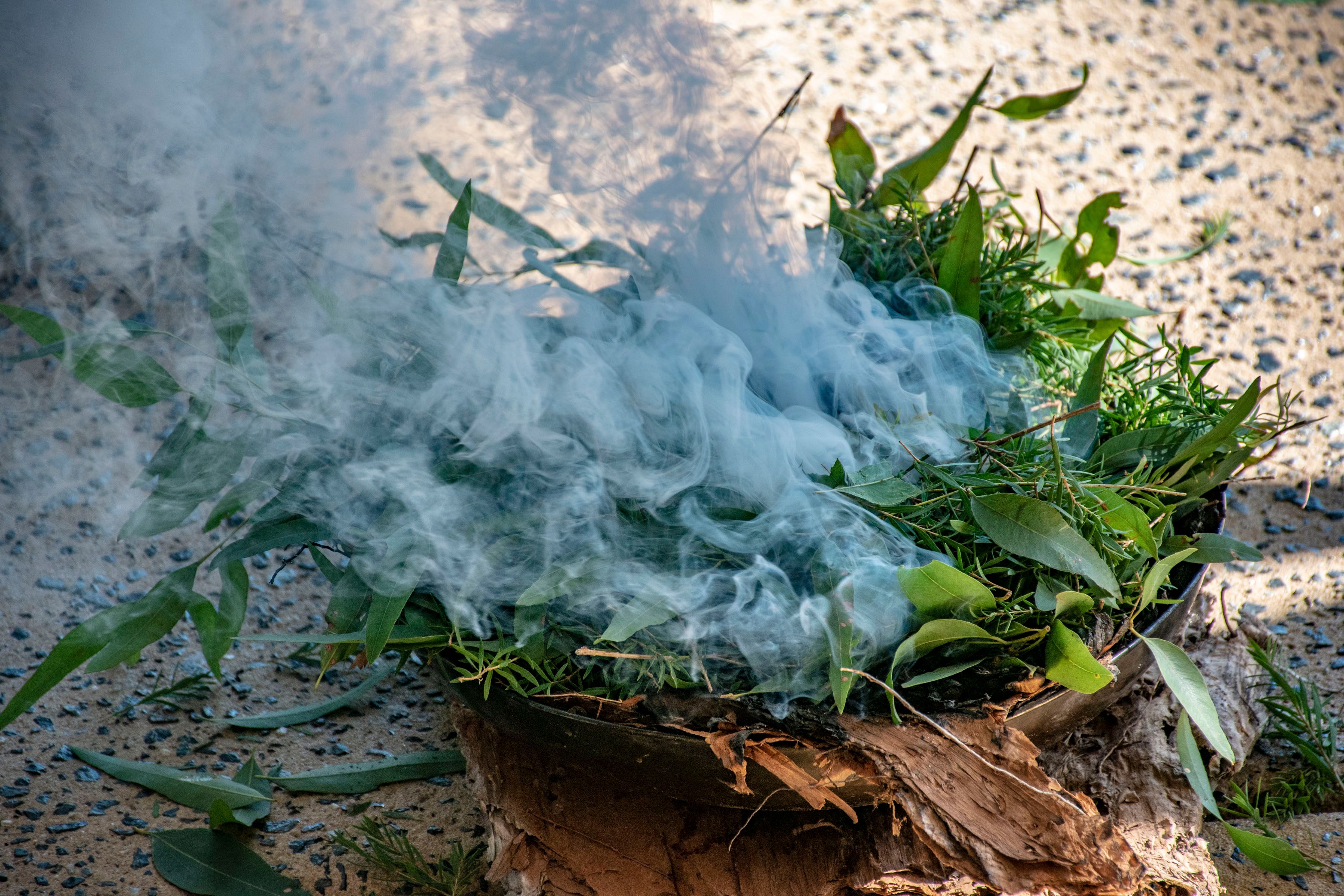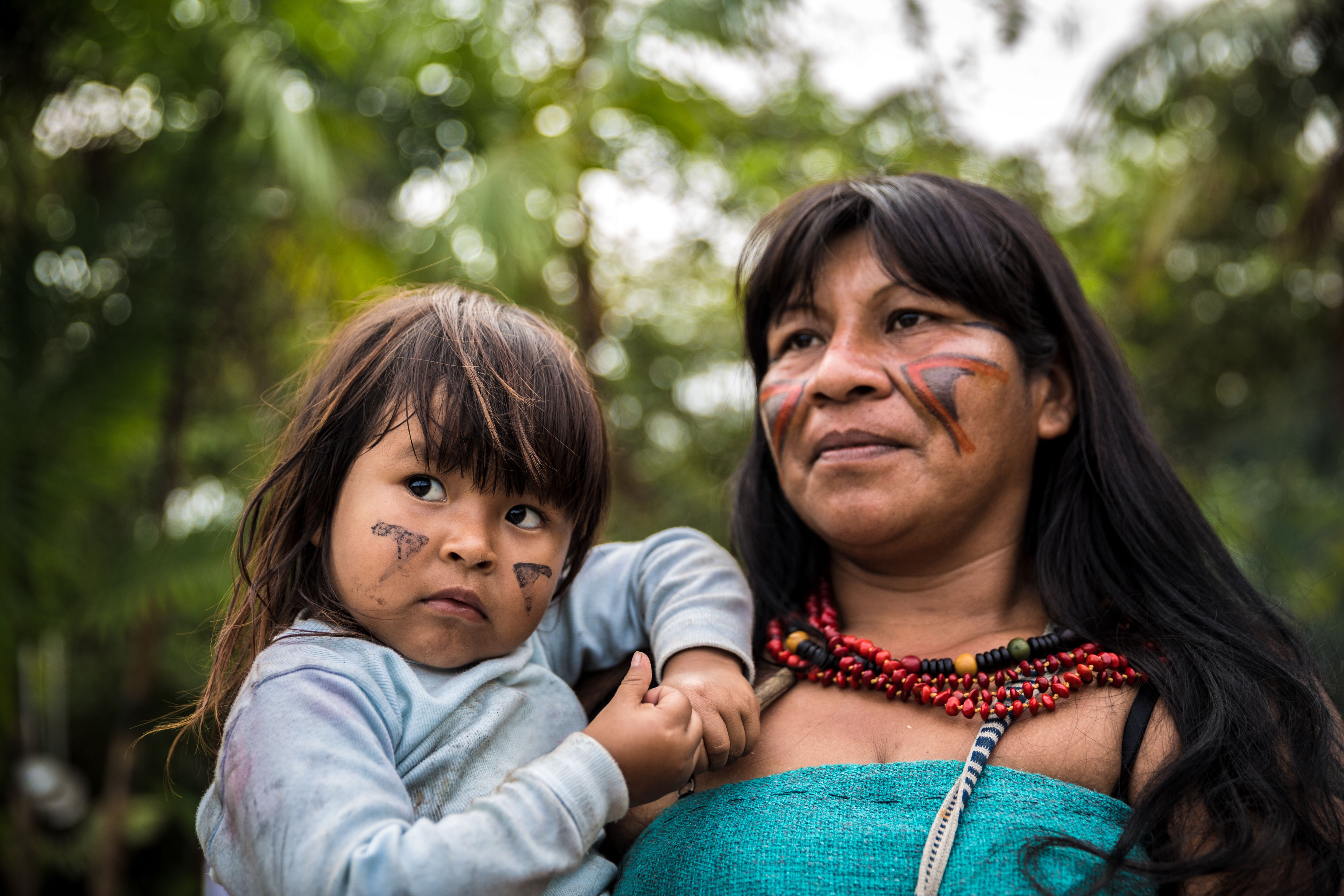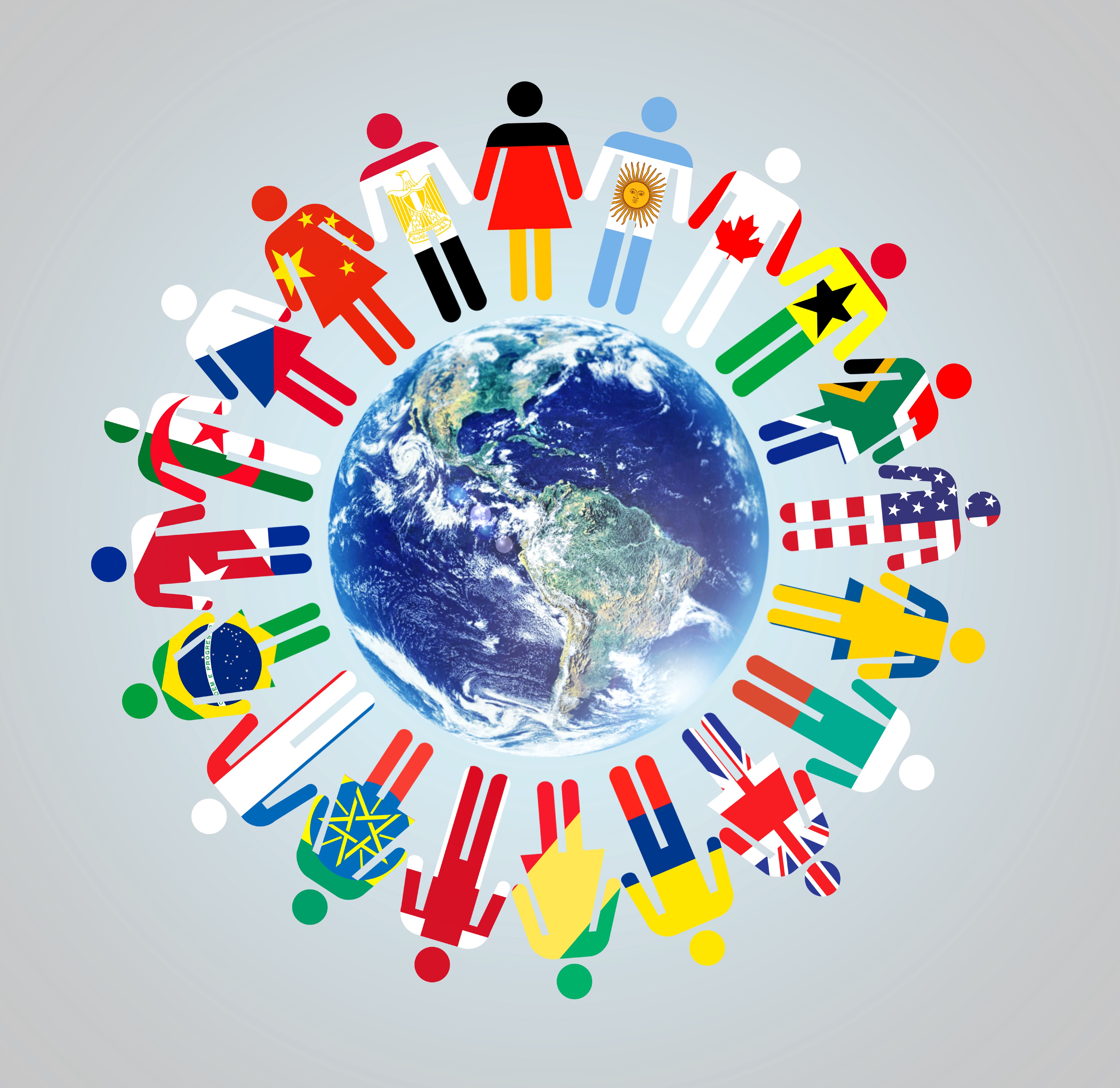Lost Traditions: Exploring Forgotten Rites of Passage
The Significance of Rites of Passage
Rites of passage have long been a cornerstone of cultural identity, marking significant life changes and transitions. These ceremonies are often imbued with deep meaning, reflecting societal values and beliefs. However, in many parts of the world, these traditions are fading from collective memory. Understanding their importance can offer insights into our past and help us appreciate cultural diversity.
Rites of passage serve as a bridge between different stages of life, providing structure and guidance. They often involve rituals or ceremonies that symbolize growth, maturity, or a new status within the community. Unfortunately, many of these practices are disappearing due to globalization, modernization, and the homogenization of cultures.

Initiation Ceremonies
Initiation ceremonies are among the most profound rites of passage, often marking the transition from childhood to adulthood. In many indigenous cultures, these rites are meticulously planned events that include challenges or tests of endurance to prove readiness for adult responsibilities. These practices not only test physical capabilities but also mental and emotional maturity.
For example, the Maasai of East Africa have long held initiation ceremonies called "Eunoto," where young men undergo various trials before being recognized as warriors. Such events are not just about individual accomplishments but also about reaffirming the values and traditions of the community. However, as societies evolve, these elaborate ceremonies are being replaced or forgotten, leading to a loss of cultural heritage.

Marriage Traditions
Marriage is another significant rite of passage that varies widely across cultures. Traditional wedding ceremonies often include symbolic gestures that represent the union of two families rather than just two individuals. These customs can range from the breaking of a glass in Jewish weddings to the elaborate tea ceremonies in Chinese culture.
Despite the diversity in marriage customs, many traditional practices are giving way to modern interpretations influenced by Western ideals. This shift not only alters how marriage is perceived but also affects the communal and familial bonds that these rites were originally meant to strengthen.

Coming-of-Age Rituals
Coming-of-age rituals are pivotal moments that signify a young person's transition into adulthood. Cultures around the world have unique ceremonies to honor this important life stage. The "Quinceañera" in Latin American cultures celebrates a girl's 15th birthday with a lavish party that includes family and friends. This tradition highlights her journey from childhood to womanhood.
Similarly, the "Bar Mitzvah" in Jewish culture marks a boy's 13th birthday when he becomes accountable for his actions under Jewish law. These celebrations are not only personal milestones but also opportunities for communities to come together and reinforce social bonds.
The Impact of Globalization
Globalization has played a significant role in altering traditional rites of passage. As people migrate and cultures intermingle, many traditional practices are adapted or replaced by more universal customs. This can lead to a dilution of cultural identity and a loss of unique heritage.
While globalization brings numerous benefits, such as increased connectivity and understanding among different cultures, it also poses challenges in preserving traditional customs. Striking a balance between embracing modernity and preserving cultural heritage is crucial for maintaining the richness of global diversity.

The Importance of Preservation
Preserving forgotten rites of passage is essential for maintaining cultural diversity and identity. These practices offer more than just ceremonial value; they provide insight into the values, beliefs, and histories of different communities. By documenting and celebrating these traditions, we can ensure that they continue to inspire future generations.
Efforts to revive and document traditional rites are underway in many parts of the world. Cultural festivals, educational programs, and community initiatives are playing a pivotal role in bringing these forgotten traditions back to life. By supporting such efforts, we contribute to a richer, more diverse world where cultural heritage is cherished and passed on.